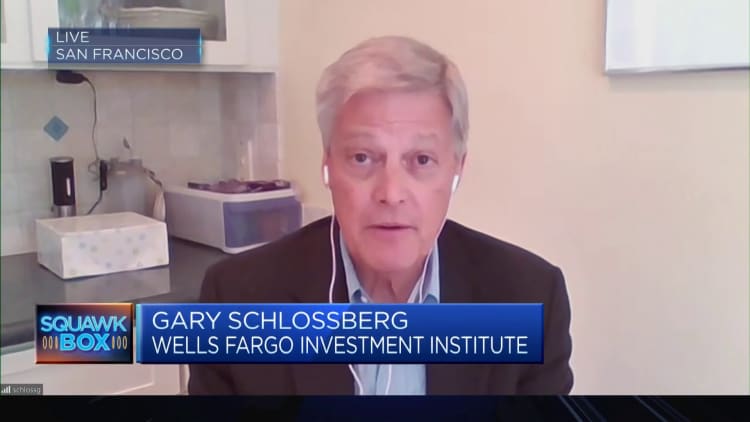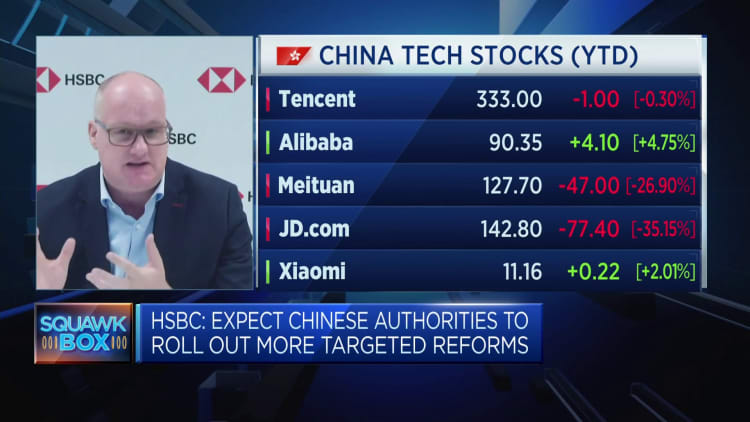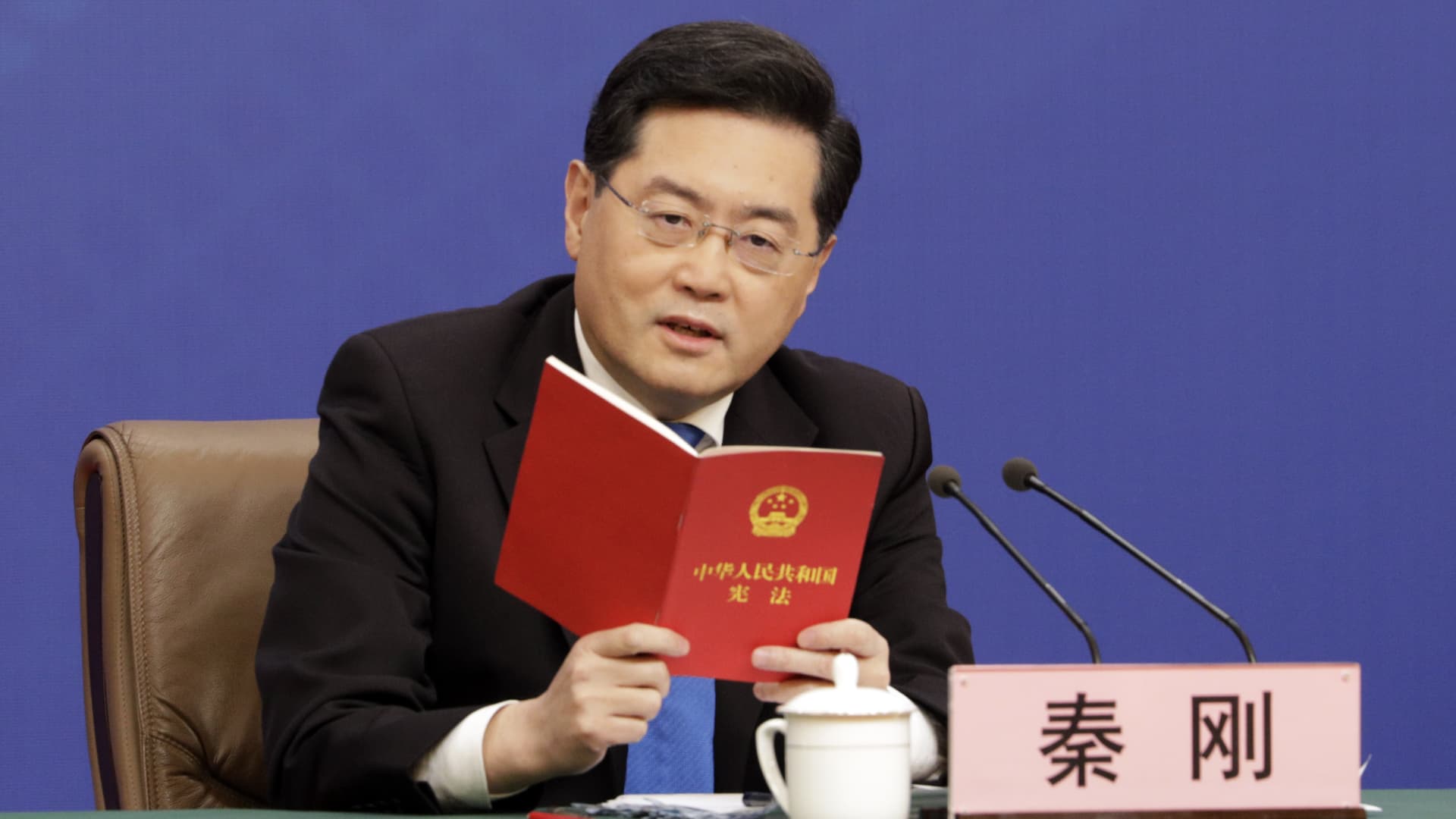Qin Gang, China’s foreign minister, speaks while holding a copy of the constitution during a news conference in Beijing, China, on Tuesday, March 7, 2023.
Qilai Shen | Bloomberg | Getty Images
Chinese President Xi Jinping’s administration has appointed the country’s top diplomat Wang Yi to succeed Qin Gang as foreign minister, Chinese state news agency Xinhua reported Tuesday, after the latter’s one-month absence.
No reason was given for the dismissal.
Qin, 57, made his last public appearance in Beijing on June 25, when he held talks with counterparts from Vietnam, Sri Lanka and key trade partner Russia. He progressively rose up the ranks of Beijing’s diplomatic service, including a two-year stint as ambassador to the United States, before being promoted to lead the Foreign Ministry in December.
Speculation over Qin’s longevity in the office mounted after a string of suspensions of public functions he was due to attend. Qin was scheduled to meet European Union foreign policy head Josep Borrell earlier this month, before China informed the EU that the dates were “no longer possible,” Reuters reported.

He also failed to attend a July meeting of the foreign ministers of the Association of Southeast Asian Nations because of unspecified health reasons, a Chinese foreign affairs spokesperson said, according to Reuters.
Qin’s dismissal and the appointment of Wang, 69, followed an extraordinary session of the National People’s Congress Standing Committee — China’s head legislative body.
“[Qin] he keeps his more senior position as a state councilor, So not 100% sure this is a purge,” Neil Thomas, fellow on Chinese politics at the Asia Society Policy Institute’s Center for China Analysis, said on X, previously known as Twitter. “Wang now has two jobs. Could be a temporary arrangement.”
Wang takes the helm of the Foreign Ministry at a pivotal time for China’s foreign policy, after Beijing renounced spartan Covid-19 restrictions earlier this year. The world’s second-largest economy has ramped up measures to stimulate growth, after official data showed China’s second-quarter GDP expanded by 6.3% year on year, missing expectations of a 7.3% print.
In trade diplomacy, it faces a challenging environment, with the U.S. and the EU pursuing de-risking policies of minimizing their dependencies on Beijing production and manufacturing.
Xi’s administration has also sought to raise its profile in international mediation — it brokered talks that resulted in a decision for archrival Middle East nations Saudi Arabia and Iran to revive relations in March. Beijing also introduced a 12-point peace plan to resolve the Kyiv-Moscow conflict on the one-year anniversary of Russia’s full-scale invasion of Ukraine in February. While the proposal has yet to gain traction, several European leaders have entreated China to appeal to Russia to end hostilities.
“Wang Yi is the safest choice possible. Well known around the world he will project continuity in Chinese foreign policy. Xi needs to reassure the globe that there is no deep problem in the Chinese leadership,” Dennis Wilder, a professor of Asian studies at Georgetown University, said on X.

— Clarification: A previous version of this story inadvertently appeared with Reuters copy under a CNBC byline. That issue has been rectified.

